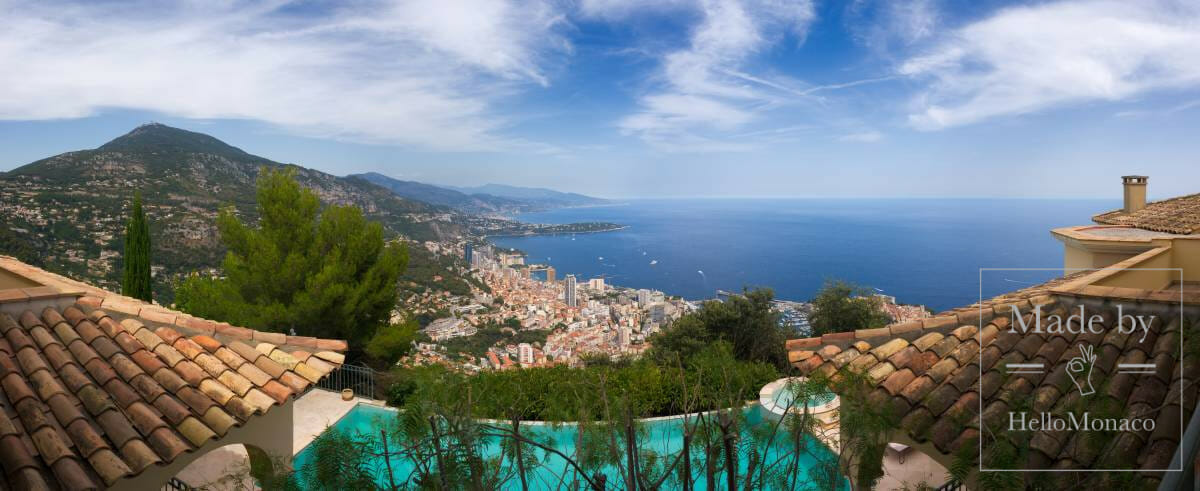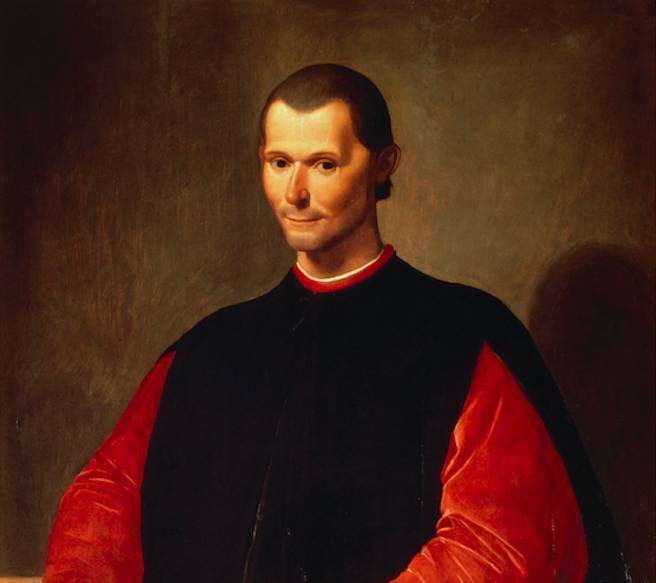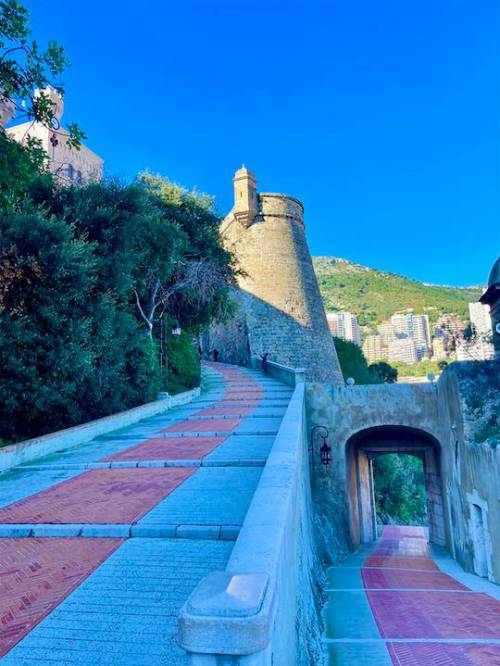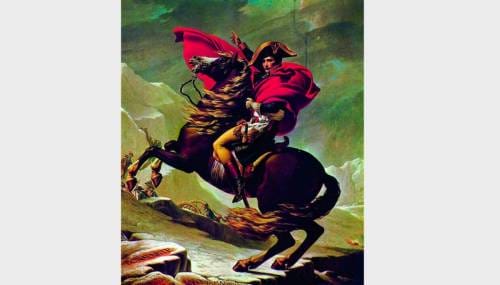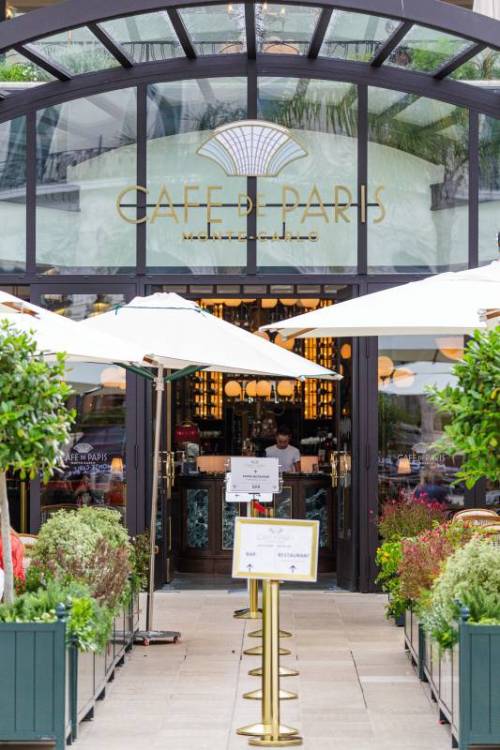What do you think of when you hear the name Machiavelli? Does the name fill you with a sort of indefinable uneasiness? Does it remind you of your favourite rap song from the 1990s? Does it make you think of conspiracy theorists? Or all of the above?
One thing the name probably doesn’t make you think about is Niccolò Machiavelli’s historic trip to Monaco. But the controversial figure once visited the Principality to help settle an old debt. And Monaco’s ruler at the time may have been a contributing inspiration for Machiavelli’s most controversial book ‘The Prince’.
In the early 1500s, the Genoese launched an attack on the fort of Serravalle. It was a merciless battle, which ended in victory for the Monegasques, who were under the command of Lucien Grimaldi. The victory allowed Lucien to immediately recover Roquebrune and Menton, with the support of French troops. Despite the positive outcome, the siege had left Monaco in great financial difficulty. So, the settlement of an old debt contracted back in 1424 was called in from the Republic of Florence. Unfortunately, Florence refused to pay.
Faced with Florence’s refusal, Monaco had a Tuscan Galleass (a military ship) called the ‘Saint Christopher’ arrested off Cap Martin in April 1511. The law at the time allowed a creditor to seize property at sea belonging to the debtor. To deescalate any potential conflict, Lucien quickly entered into negotiations with the Republic of Florence.
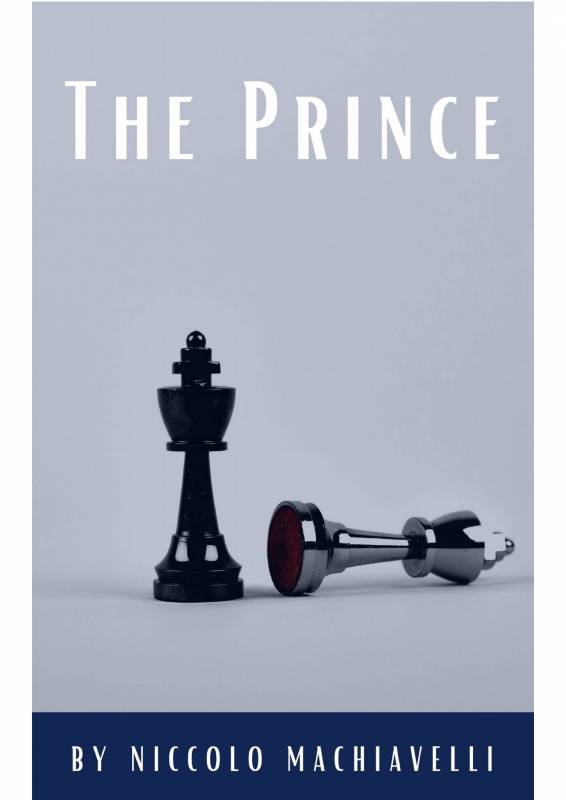
Machiavelli stays with Lord Lucien Grimaldi in his castle in Menton
Lucien sent his most skillful diplomat to Florence for numerous discussions with the secretary of the second chancery of the Republic of Florence, none other than Niccolò Machiavelli. Together, they began laying the foundations for a draft agreement. To conclude the new ‘treaty of alliance and navigation’ the Republic of Florence then sent Machiavelli to Monaco. Lucien Grimaldi welcomed Niccolò Machiavelli to his castle in Menton and together they completed the treaty.
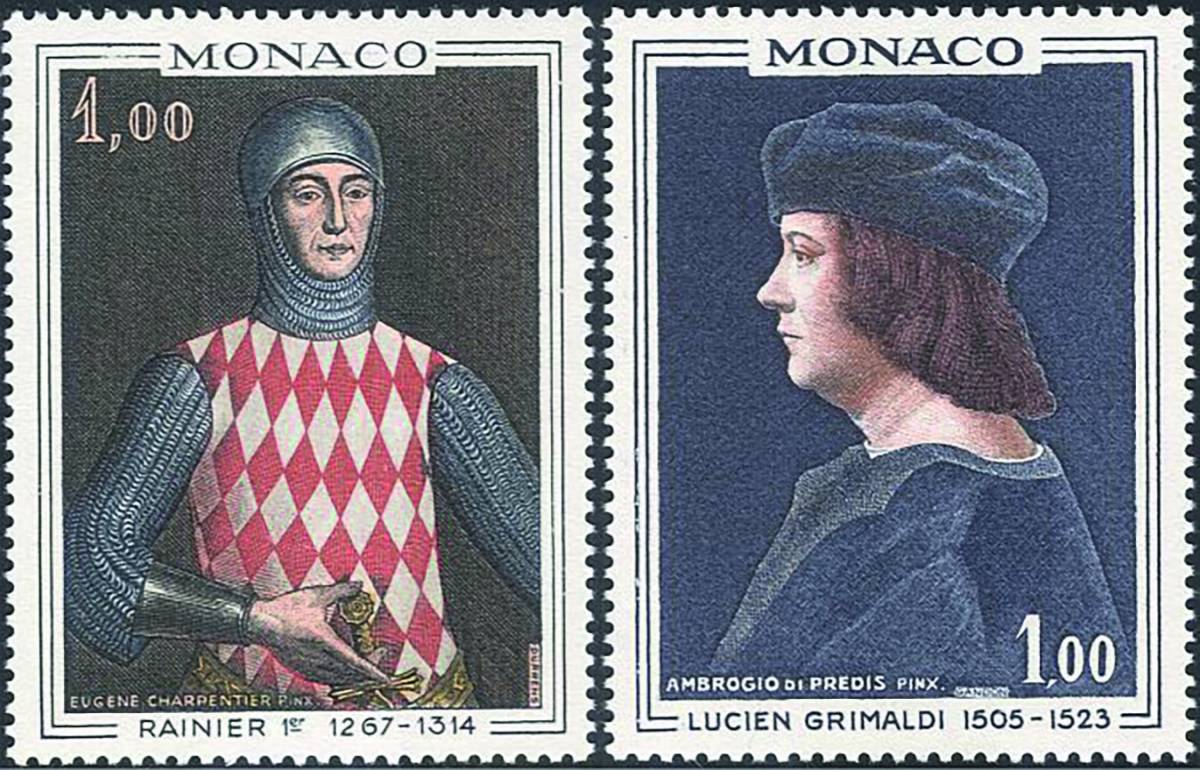
A Times magazine article published in 1962 cites Machiavelli’s trip to Monaco, where he watched the agile Grimaldi ruler in action, as a source of inspiration for his book ‘The Prince’. Could this controversial book really have been inspired by Lucien Grimaldi, Lord of Monaco?
Not long after returning from Monaco with the new treaty, Machiavelli was tortured and exiled from Florence. In 1513, just two years after his trip to Monaco, he wrote a short 70 page book which would later send shockwaves through political and philosophical spheres for the next five centuries. But the author never lived long enough to see his work published.
Few books have attracted so much debate and discussion as The Prince. Whether Lucien inspired Machiavelli’s much-disputed magnum opus is something we will never know. But we can garner a few similarities between the text and the life of Lucien Grimaldi.
Lucien’s murderous rise to power and Machiavelli’s “New Prince”
Instead of discussing a traditional ruler like a hereditary prince, Machiavelli’s book concentrates on the possibility of a “new prince”. In order to retain power, Machiavelli says that a hereditary prince must carefully balance the interests of different institutions so as not to disrupt what the people are accustomed to. But a new prince has the more difficult task of first stabilizing his newfound power.
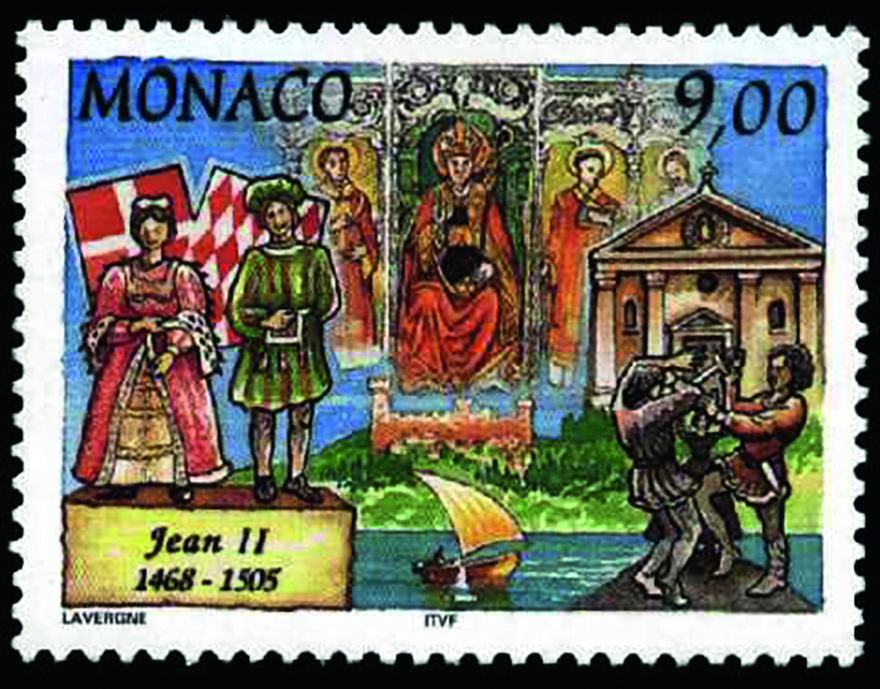
Lucien became Lord of Monaco on 11 October 1505, six days after killing his predecessor, his own brother, Jean II. He had to immediately stabilize power when he became Lord after such a hostile act.
“Do the ends justify the means?”
One of the most debated ideas in philosophy is whether “the ends justify the means”. Machiavelli’s interpretation of this notion is that deceit and even violence may be necessary for a prince to use for the successful stabilization of power and introduction of new political institutions. We all know that in our modern world, violence should not be condoned. But looking back in time, one can see strong similarities between ideas discussed in The Prince and the actions of Lord Lucien.
According to Françoise de Bernardy’s acclaimed history of the Princes of Monaco, Lucien murdered Lord Jean II on 5 October 1505. Lord Jean II was staying in Menton with Lucien and their mother, Claudine. At around midnight, the two brothers began to argue and Lucien stabbed Jean with his dagger. According to a written account given by Lucien to the Duke of Savoy, the argument broke out because Jean II was planning to dishonourably sell the stronghold of Monaco to the Venetians. Lucien also claimed that his brother taunted him and struck at him with his dagger before Lucien fought back in self-defence.
Did Lucien’s ends of allegedly saving Monaco from being sold to the Venetians justify the means of striking his brother down? As Monaco’s leader, Lucien ended up preserving Monaco’s fragile independence during the siege by Genoa. What would Monaco look like today if Jean II had stayed in power? Would there even be a Monaco? No one can answer these questions.
Lucien’s time as ruler ended just as it began: with blood. In 1523, Lucien was killed by his own nephew, Bartholomew Doria, at the Prince’s Palace in Monaco. But the assassination didn’t go quite as planned for the nephew. Following the violent demise of Lucien, instead of Doria being able proclaim himself as the new Lord of Monaco, a riot quickly broke out amongst the local people and Doria was chased out of Monaco. Lucien’s infant son, Honoré Grimaldi, succeeded his father as Lord of Monaco when he was only nine months old.
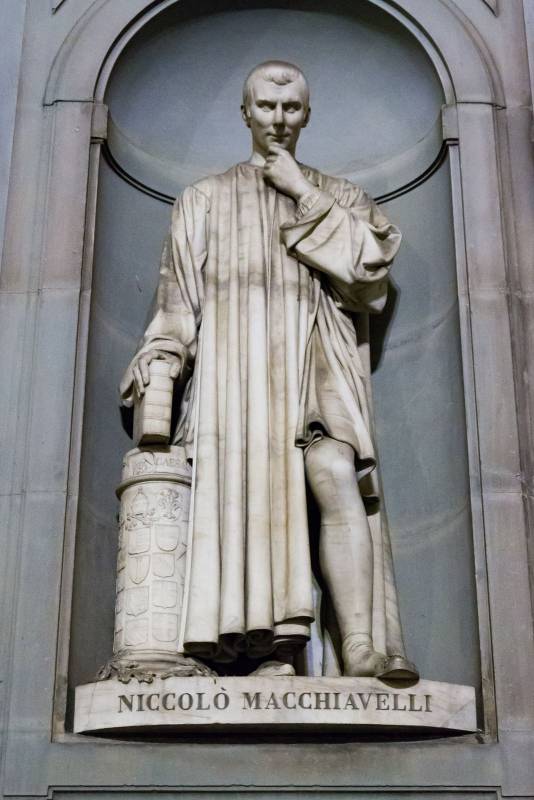
From Erasmus to Tupac Shakur
The Oxford dictionary defines Machiavellian as “cunning, scheming, and unscrupulous, especially in politics.” The Catholic Church once banned ‘The Prince’, placing it on their ‘Index Librorum Prohibitorum’. Famous philosophers, including Erasmus, viewed the book in a negative light.
On the other hand, entertainment icon Tupac Shakur studied ‘The Prince’ while he was in prison and used the book as an inspiration for his rap lyrics. Tupac even used the alias ‘Makaveli’ on one of his albums. The rapper was one of the world’s most influential activists fighting against inequality in the US and his musical commentary on social issues plaguing the United States still resonates with musicians and activists to this day.
After imagining lengthy political discussions by Lucien Grimaldi and Niccolò Machiavelli long ago in a castle in Menton, perhaps the idea that the Lord of Monaco influenced a book which has been shaking the world for the last five hundred years isn’t such a stretch.
In the current global climate filled with tragedy and war, the name ‘Machiavelli’ definitely comes to mind. It’s easy to discuss and debate the use of violence in politics from the safety and comfort of our own homes. But when people’s lives are truly at stake, it’s better to keep Machiavellian principles safely tucked away in a dusty library.

